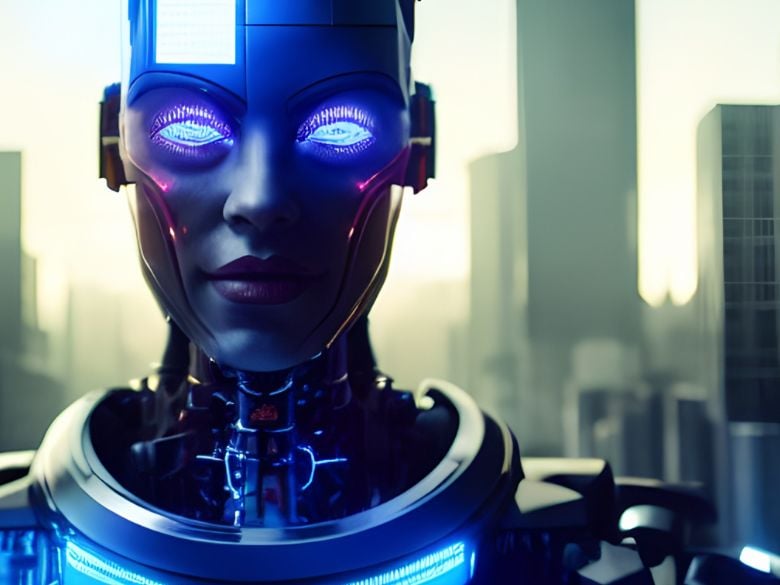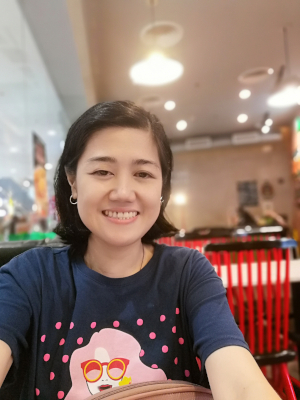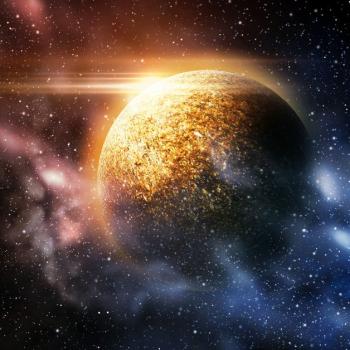
Pope Leo XIV had just revealed one of the main reasons why he chose his papal name:
“…I chose to take the name Leo XIV. There are different reasons for this, but mainly because Pope Leo XIII in his historic Encyclical Rerum Novarum addressed the social question in the context of the first great industrial revolution. In our own day, the Church offers to everyone the treasury of her social teaching in response to another industrial revolution and to developments in the field of artificial intelligence that pose new challenges for the defense of human dignity, justice and labor.”
While the Church has been aware of this critical time, being mentioned by Pope Leo XIV as the very reason for choosing his name has confirmed the immensity and the urgency of the threats and issues the world is facing due to artificial intelligence.
What areas pose the greatest challenge for our world today? What could be the impact of AI on our social and spiritual life?
1. The Loss of Livelihood
With AI advancement, more and more jobs are at risk of being displaced. Even jobs that once required artistic talent, such as graphic design, can now be accomplished by artificial intelligence. In my life of work as a writer, content from AI is now beginning to flourish on the internet and threatens to replace more and more jobs for freelance writers.
What more jobs could be done by AI in the future? How could the rest of humanity adjust to this growing threat to their livelihood?
2. The Creation of a New Economic Class
Whereas the industrial revolution may have prompted the rise of the middle class, the AI revolution could redefine the social and economic classes existing today. How would it affect the lives of the poor who do not have the same access to technology? Artificial intellience could widen the gap between the rich and poor or even create classes that divide humanity between those who are AI literate and those who are not.
3. Threat to Human Dignity
Instead of treating human beings in accordance with their God-given dignity, the age of AI can reduce the person into mere data or digital profiles that can easily be classified, targeted, ignored or treated with prejudice.
Are we going to be treated as mere numbers to be judged and grouped together? If a person can easily be labeled by a machine and treated automatically without human intervention, how do we regain our human dignity?
This can apply in many instances, including job recruitment, health, education and the justice system.
Are we now going to hire solely based on our digital profiles? Are the sick going to lose the human touch when it comes to medical treatment in the future? Will our children be taught only by machines and lose their human teachers who can equip them beyond the data that AIs could impart?
4. Delegation of Moral Responsibility
Who is now going to judge in our courts? Are we going to conclude that AIs can better judge human beings and impose their due punishment?
5. The Proliferation of False Information and Bias
How far are we going to trust artificial intelligence when it comes to disseminating information? What should be our level of trust when it comes to seeking and spreading the truth?
Delegating everything to AI may amount to lack of insight to look deeper and thereby create biases that have far reaching consequences.
Without having human figures in positions of authority and credibility, it would be very easy to have manipulated information, fake news or biased content.
6. The Use of AI in Warfare
Are we going to entrust vital decisions on AI that could harm countless people? What kind of weapons could be at the disposal of artifical intelligence in the near future?
7. The Dangers of Transhumanism
Transhumanism is a movement that points to the enhancement of a human being using technological advancements. This can include genetic modification as well as integrating the human body and intellect with a machine or artificial intelligence. It aims to overcome a person’s natural human limitations such as one’s lifespan, intelligence and other abilities.
The unethical and abusive use of technology could treat people as mere objects or machines to be upgraded and/or experimented upon. A human being may no longer be treated as someone with a body and soul and made in the image of likeness of God.
8. The Loss of Faith
The powers and wonders that AI could accomplish may one day obscure the truth about our true identity as human beings. People may no longer believe in God or in the spiritual life. Instead, one may seek only the fleeting pleasures and amusements offered to us in the physical world by science and technology.
A Double-Edged Sword
While technology can be beneficial for mankind, it can also be harmful or even catastrophic when used without any safeguards, limitations or guidance. It can erode our faith in a Higher Power who created all things and who desires to form a loving relationship with us.
In the wrong hands, this sword can tear every good thing that science has ever accomplished and propel mankind towards unimaginable consequences.
We must be ever watchful for technological advancements while continuing to nourish our faith so that we may never succumb to complacency, deception or sudden ruin.
Artificial intelligence should be used as a tool for mankind, and not treated like a god to be worshipped or to place our entire hopes upon.
“We need to be aware of the rapid transformations now taking place and to manage them in ways that safeguard fundamental human rights and respect the institutions and laws that promote integral human development. Artificial intelligence ought to serve our best human potential and our highest aspirations, not compete with them.” – Pope Francis
“You shall not have other gods beside me. You shall not make for yourself an idol or a likeness of anything in the heavens above or on the earth below or in the waters beneath the earth; you shall not bow down before them or serve them.” – Deuteronomy 5:7-9 NABRE
Jocelyn Soriano is the author of the book Defending My Catholic Faith. “You and I have been called to live at this very hour.” Do you have questions or doubts about the Catholic faith?
Get my books on other Digital Stores
You may also want to read “How Can We Preach Faith In A World Of Artificial Intelligence?”















